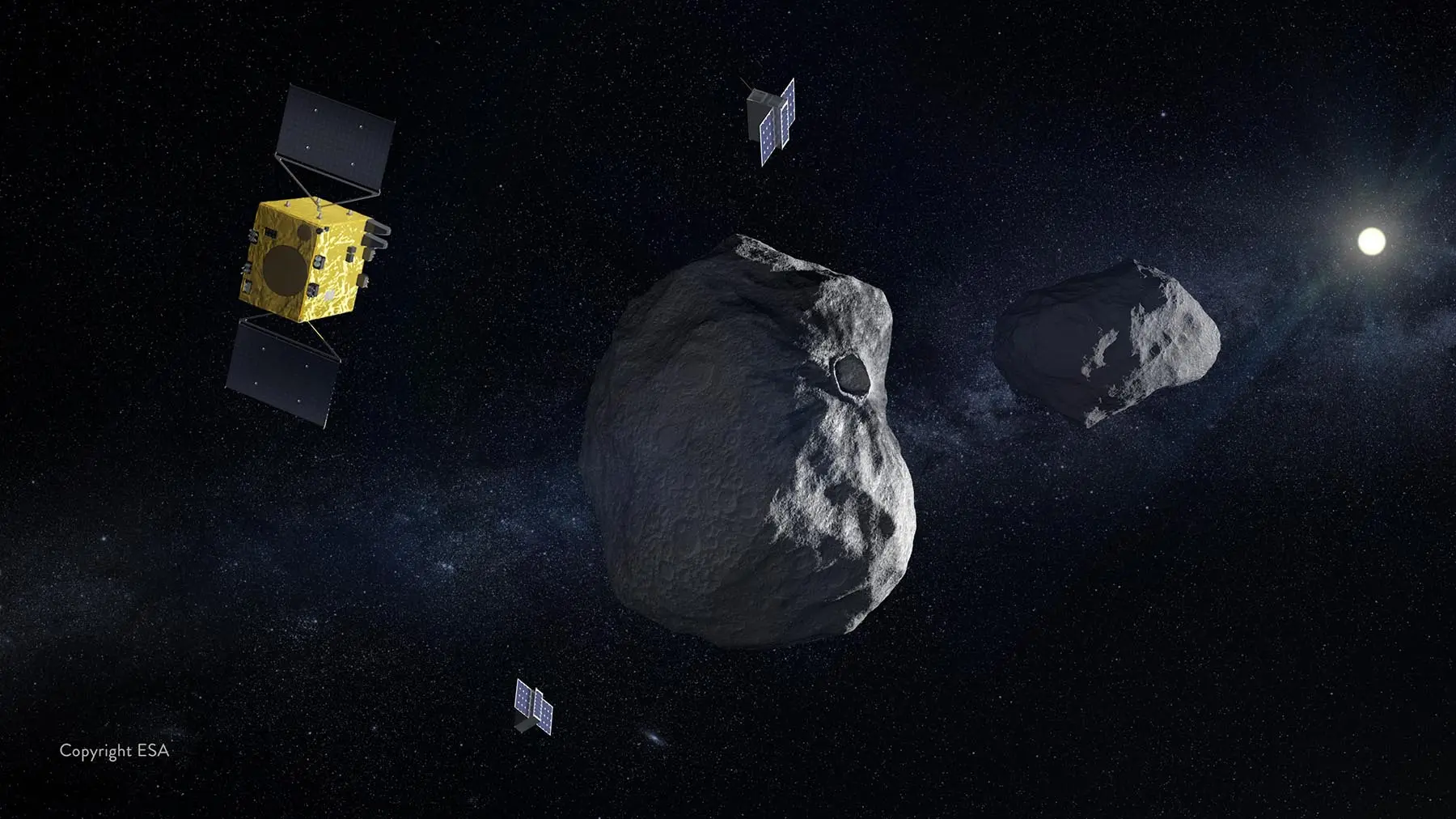POLITECNICO DI MILANO PARTNER OF EU-FUNDED PROJECT “STARDUST RELOADED

The Department of Aerospace Science and Technology of Politecnico di Milano is a partner of Stardust Reloaded (Stardust-R), a pan-European research project awarded €4 million in European funding through the Marie Sklodowska-Curie Actions Initial Training Networks (ITN) action of the European Union H2020 programme.
The ITN award builds on a previous project called Stardust, which kicked-off in 2013 and devised techniques for space debris monitoring, removal, and deflection. Stardust-R will instead investigate how to explore and exploit asteroids and make the use of space sustainable. In view of the rapidly increasing number of objects in geocentric orbits, Stardust-R will pioneer methods to understand and predict the evolution of the space environment around Earth in order to prevent or establish mitigation measures for potentially catastrophic collisions. The four-year ITN project will also increase our knowledge of the shape, gravity, composition, and dynamics of asteroids in view of possible actions to prevent such catastrophic impact with Earth, and how mineral resources on these minor celestial bodies could be exploited to forward the exploration of the Solar System.
The project is coordinated by the University of Strathclyde (Scotland). The consortium is formed by 20 partners, including the European Space Agency (ESA), the French and German National Space Agencies (CNES and DLR), and the Department of Aerospace Science and Technology of Politecnico di Milano. The ITN award allows for the funding of 15 PhD scholarships to hire early-stage career researchers. One of these researchers will be hired by the Department of Aerospace Science and Technology (under the supervision of Dr. Francesco Topputo ).
The project supervised by Politecnico di Milano will assess the applicability of autonomous navigation and orbital control systems for deep-space CubeSats intended for missions to asteroids through laboratory experiments. Dr. Topputo says: “These EU funding opportunities are extremely competitive, with a current success rate of approximately 6-7%. We are proud to be active part of a strong European consortium who has been successful in this funding scheme. This clearly shows the quality of the project and the prestige of the partners involved, including Politecnico di Milano and its Department of Aerospace Science and Technology.”